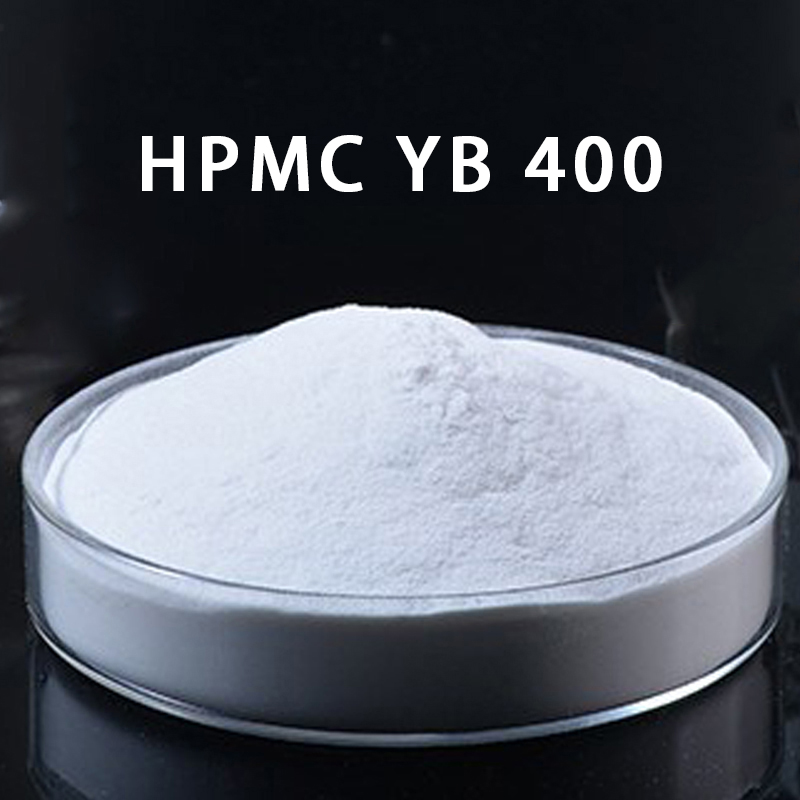Cellulose gum is a common ingredient in the food and pharmaceutical industries. Manufacturers use it as a thickening agent, a stabilizer, and an emulsifier in various products. It has several benefits and risks.
Although it has no nutritional value, cellulose gum is generally a safe food additive when people consume it in small quantities. Hydroxypropyl Methylcellulose Gel

As processed foods have become an increasingly common part of the Western diet, people have become more curious about food additives such as cellulose gum.
In this article, we look at what cellulose gum is, which products contain it, its benefits, and its potential risks.
Cellulose gum is a chemically modified form of cellulose, a polymer that naturally occurs in plant cell walls. It primarily derives from wood pulp, also known as saw dust, or cotton. It is also called carboxymethyl cellulose (CMC) or E466 as a food additive. Cellulose gum is a versatile ingredient that can improve the texture of food products, prevent caking and clumping, and extend shelf life.
Manufacturers use cellulose gum in a wide range of everyday products, including:
Cellulose gum has several advantages in the food and pharmaceutical industry, including:
While cellulose gum offers various benefits, there are also prospective risks associated with its consumption.
Several public health authorities recommend limiting the consumption of ultra-processed foods as a way of limiting exposure to nonessential food additives.
Risks of over-consumption of cellulose gum include:
Cellulose gum is a versatile food additive that derives from plant sources. It is in many processed foods, pharmaceuticals, and cosmetics.
While cellulose gum offers several benefits for manufacturers, consuming it comes with potential risks, such as stomach discomfort, reduced nutrient absorption, the possibility of overindulgence in processed foods, and an increased risk of cardiovascular disease.
As with any food additive, moderation and awareness are important when consuming cellulose gum. Individuals with particular dietary concerns or sensitivities may wish to consult a healthcare professional or nutritionist to help them make informed decisions about including products that contain cellulose gum in their diet.
Last medically reviewed on December 6, 2023
Fast food has many short- and long-term effects on the body. People may feel hungry soon after eating and gain weight over time. Learn more.
A healthy diet has many benefits, including a reduced risk of various diseases and health conditions, improved mood, and better memory. Learn more…
When trying to lose weight, it is important to limit those that are high in calories, sugars, and unhealthful fats but low in nutrients. Learn more…
Constipation can lead to gas pain which can radiate to the chest. Moreover, medical literature reports some cases where treating constipation has led…

Cmc Cellulose Learn about whether chocolate can cause constipation. This article also discusses constipation treatments and when to contact a doctor.